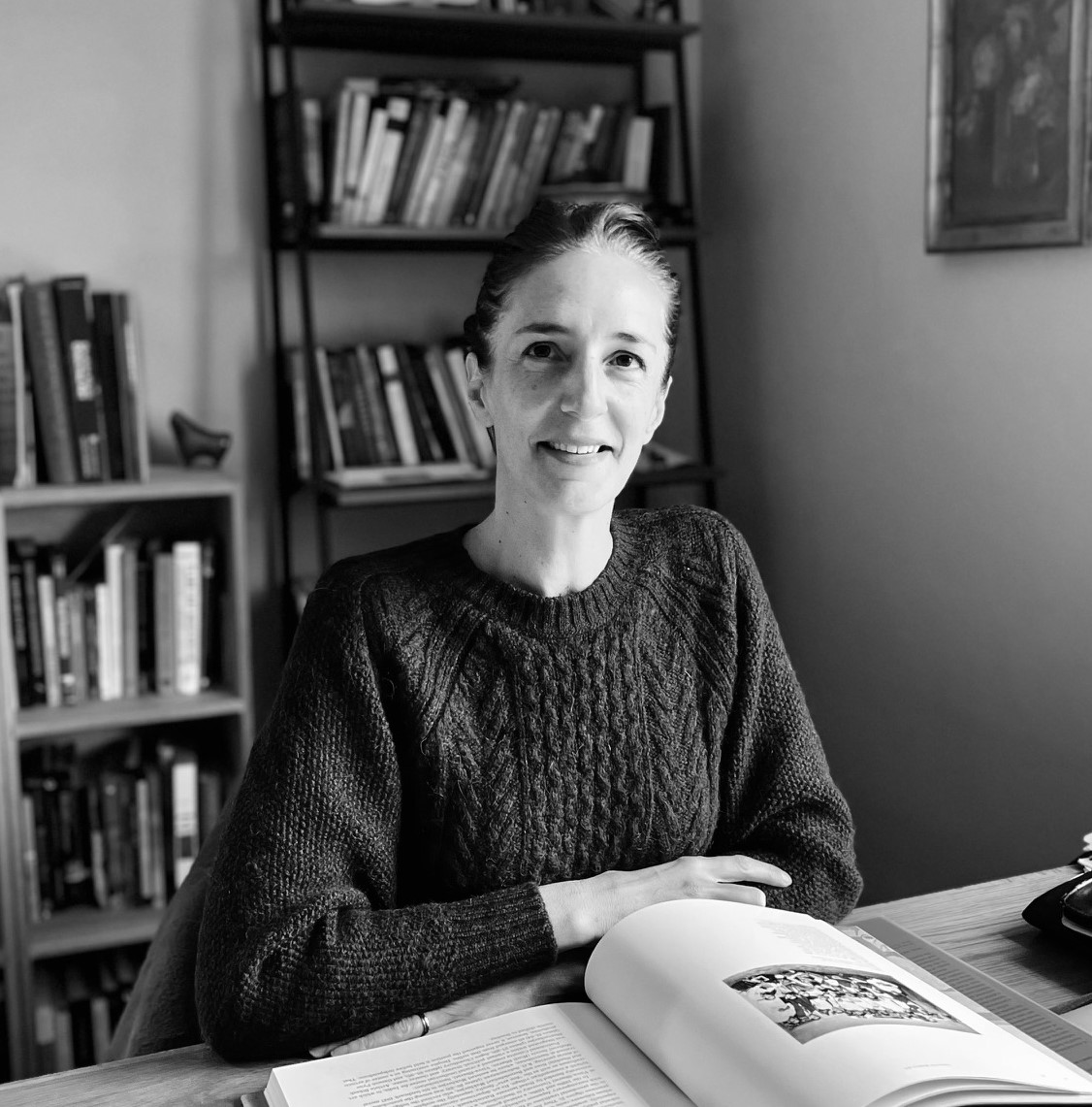Laetitia Zecchini
« Poetry can cut through the crap, especially priestly crap », Arvind Krishna Mehrotra
« The humanities are, among other things, curators – in the etymological sense – of a disappearing past: guardians of fragile objects, artifacts unmoored by the blows of time, texts slipping slowly into oblivion », Rita Felski
A senior researcher at the CNRS, my work focuses on modern and contemporary Indian literature, in particular contemporary Indian poetry and the writers, artists and collectives of Bombay; on the worlds (cultural, linguistic, imaginary) that these works inhabit and remake; on postcolonial modernisms and print cultures, and on the politics of literature.
A lot of this work stems from research in understudied archives (archives of Bombay poets and Bombay modernisms; archives of the Indian branch of International PEN ; archives of the Cultural Cold War in India), and from conversations with contemporary writers.
I take great pleasure in translating Indian poets.
I am interested in the “locations” of literature which I understand as another name for the particular: location as specific geographical spaces such as Bombay/Mumbai; location as specific genres or forms, often the less canonical ones, such as poems, essays, or magazines; location as particular texts, authors, and archives. These locations also act as vantage points from which to reconsider “global” categories or narratives like modernism or cosmopolitanism; institutionalized fields of study like world literature; but also genealogies of Cold War, postcolonial and decolonial struggles. However local or located these specific texts or voices seem to be, part of my work has been to restore their ‘worldliness’, as situated in the political and secular world in which they emerge and as connected to a constellation of other spaces or lineages, and to the whole world of other literatures.
In the context of several collective research projects, I have also worked on censorship and freedom of expression in India, on writers’ collectives and issues of literary activism.
I direct the UChicago-CNRS Humanities International Research Lab, and coordinate the International Research Network on Postcolonial Print Cultures
Chercheuse au CNRS depuis 2008, mes travaux portent sur la littérature indienne moderne et contemporaine, en particulier sur la poésie indienne de langue anglaise et les écrivains, écrivaines et artistes de Bombay ; sur les mondes (culturels, linguistiques, imaginaires) que nombre d’œuvres indiennes habitent et inventent ; sur les modernismes et les cultures de l’imprimé en contexte postcolonial ; sur la politique de la littérature.
Ces recherches se fondent sur un important travail en archives (voir l’article ‘Archives of Minority’: Little Publications and the Politics of Friendship in Postcolonial Bombay), et en dialogue avec des écrivains et écrivaines indiens contemporains. La pratique de la traduction est également indissociable de ma recherche.
C’est aux « lieux » de la littérature que je m’intéresse, que j’entends aussi comme un autre nom pour le particulier, qu’il s’agisse de lieux géographiques spécifiques comme Bombay/Mumbai ; de formes ou de genres souvent plus « mineurs » ou éphémères que le roman, tels que la poésie, l’essai, ou les petites revues. Ces lieux sont aussi des perspectives ou des points de vue qui permettent de repenser certains récits ou catégories canoniques, comme le modernisme et le cosmopolitisme et certains champs de recherche institutionnalisés comme « la littérature mondiale ». Une partie de mon travail consiste à restaurer la mondialité de ces voix et textes particuliers, en les replaçant dans l’expérience historique qui les éclaire, et dans toute une littérature-monde dont ils se nourrissent.
